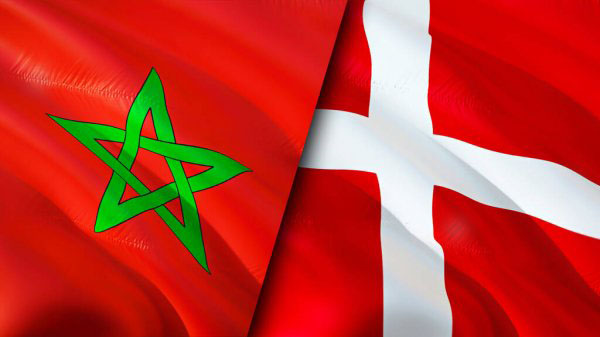
Thursday, 26 September 2024
United Nations (New York) – During the 79th session of the United Nations General Assembly, Moroccan Foreign Minister Nasser Bourita engaged in discussions with Danish Foreign Minister Lars Løkke Rasmussen, leading to a pivotal Joint Communiqué reinforcing Denmark’s support for Morocco’s 2007 Autonomy Plan. The Danish government expressed that this proposal offers a “serious and credible” basis for resolving the Western Sahara conflict under Moroccan sovereignty.
This position by Denmark comes as part of a broader international movement supporting Morocco’s autonomy plan, spearheaded by His Majesty King Mohammed VI. The Danish Foreign Ministry highlighted that this initiative provides a solid foundation for negotiations that can lead to a peaceful, mutually acceptable solution, in accordance with ongoing UN-led efforts.
In the communiqué, both countries affirmed their commitment to the UN-mediated process and praised the work of the UN Secretary-General’s Personal Envoy for Western Sahara, Staffan de Mistura, in his efforts to advance peace talks between the involved parties. Denmark’s support adds momentum to a growing number of European nations aligning behind Morocco’s proposed solution, further cementing international recognition of Moroccan sovereignty over the Sahara region.
This endorsement marks a significant step in the international community’s ongoing engagement with the Western Sahara conflict, which has long been a point of regional tension. The Danish acknowledgment signals Europe’s increasing role in supporting a peaceful resolution that respects Moroccan territorial integrity.
Denmark’s backing of the autonomy plan illustrates a wider European and global trend, underscoring the credibility of Morocco’s proposal as a viable pathway toward regional stability and development. The meeting between Bourita and Rasmussen solidified this cooperation, reflecting a shared vision for diplomatic progress under UN guidelines.
Morocco’s Autonomy Plan, presented in 2007, offers a framework where the Western Sahara region would gain substantial self-governance while remaining under Moroccan sovereignty. This approach aims to balance local aspirations for autonomy with the territorial unity of Morocco, a vision that is increasingly resonating with international actors. Denmark’s support bolsters this vision, contributing to the diplomatic momentum that continues to shape the future of the Western Sahara.
This development reaffirms Morocco’s pivotal role in the region and Denmark’s alignment with a broader European consensus toward a resolution of the longstanding dispute under UN auspices.




